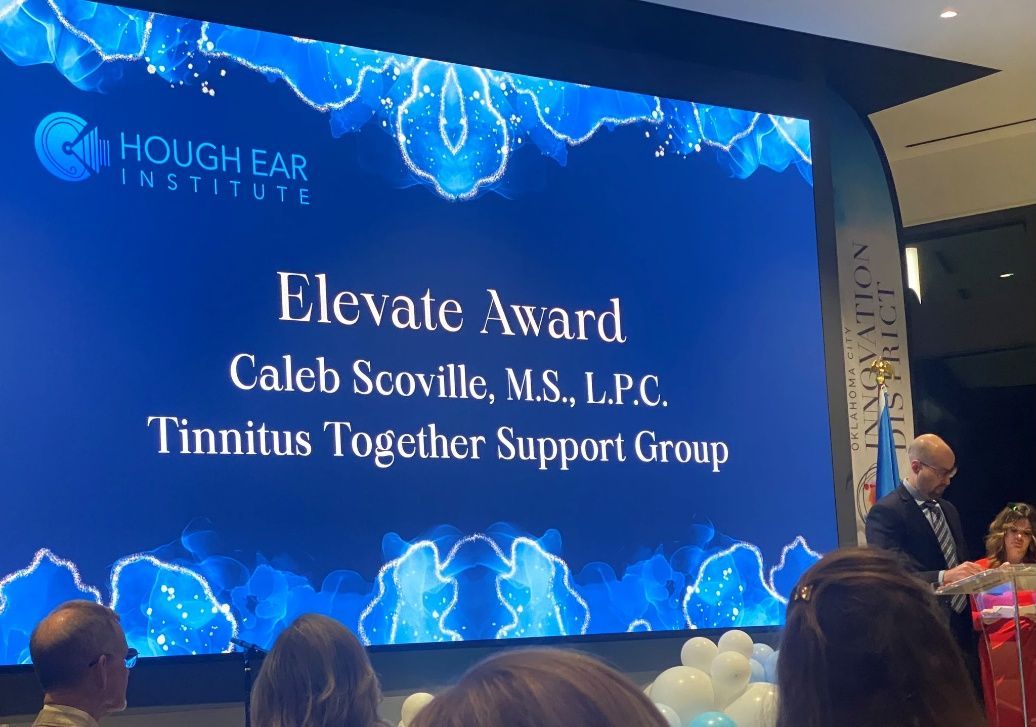The Power of Group Therapy
by Kyle McGraw, LPC, LADC
Participating with a group of strangers may sound intimidating at first however group therapy provides benefits that individual therapy may not. Under the supervision of a licensed therapist, two or more clients may participate in sharing life issues, obstacles or difficulties they are attempting to overcome. Common goals often emerge in the process of sharing among others in the group. Group therapy is designed to augment your individual therapy and in some cases may help "jump start" your therapy process or help you work through areas in which you might feel stuck.
You Are not Alone . . .
As a facilitator of group therapy, I have witnessed how powerful it is when men and women hold each other accountable within the group. Discussions that take place when a new strategy or idea emerges can be life changing. Group members are often surprised by how rewarding the group experience can be. Members begin to connect and feel supported as they work to overcome addiction, co-dependency, depression, anxiety and other mental health challenges. As people begin to open up and trust the group process, many are relieved when they realize “they are not alone,” in dealing with the issues that brought them into therapy.
Variety and Diversity . . .
People have different personalities, family cultures, backgrounds, and perspectives. As they observe other group members tackling problems and making positive changes, they discover a whole range of strategies for facing their own concerns.
Group Therapy is More than Support . . .
I've often heard the words, “I don't need group therapy, I go to AA, support groups or other "12 Step" meetings. While these self-help groups provide benefits, group therapy is led by a trained, licensed clinician who teaches, proven strategies for managing specific problems. Group therapy promotes feedback and suggestions from it’s members. 12-Step meetings do not allow "cross talk" from their members and they are led by a chairman, who is a lay member, (not a licensed or trained professional). Both self-help groups and group therapy are powerful vehicles for healing and change, and they each have their respective roles in helping individuals recover.
And, we don’t have to look far to find Biblical wisdom further illustrating the power of group process:
"And let us consider how to stir up one another to love and good works, not neglecting to meet together, as is the habit of some, but encouraging one another . . ." Hebrews 10:24,25
"Therefore encourage one another and build one another up, just as you are doing."
I Thessalonians 5:11
"Iron sharpens iron, and one man/women sharpens another." Proverbs 27:17







